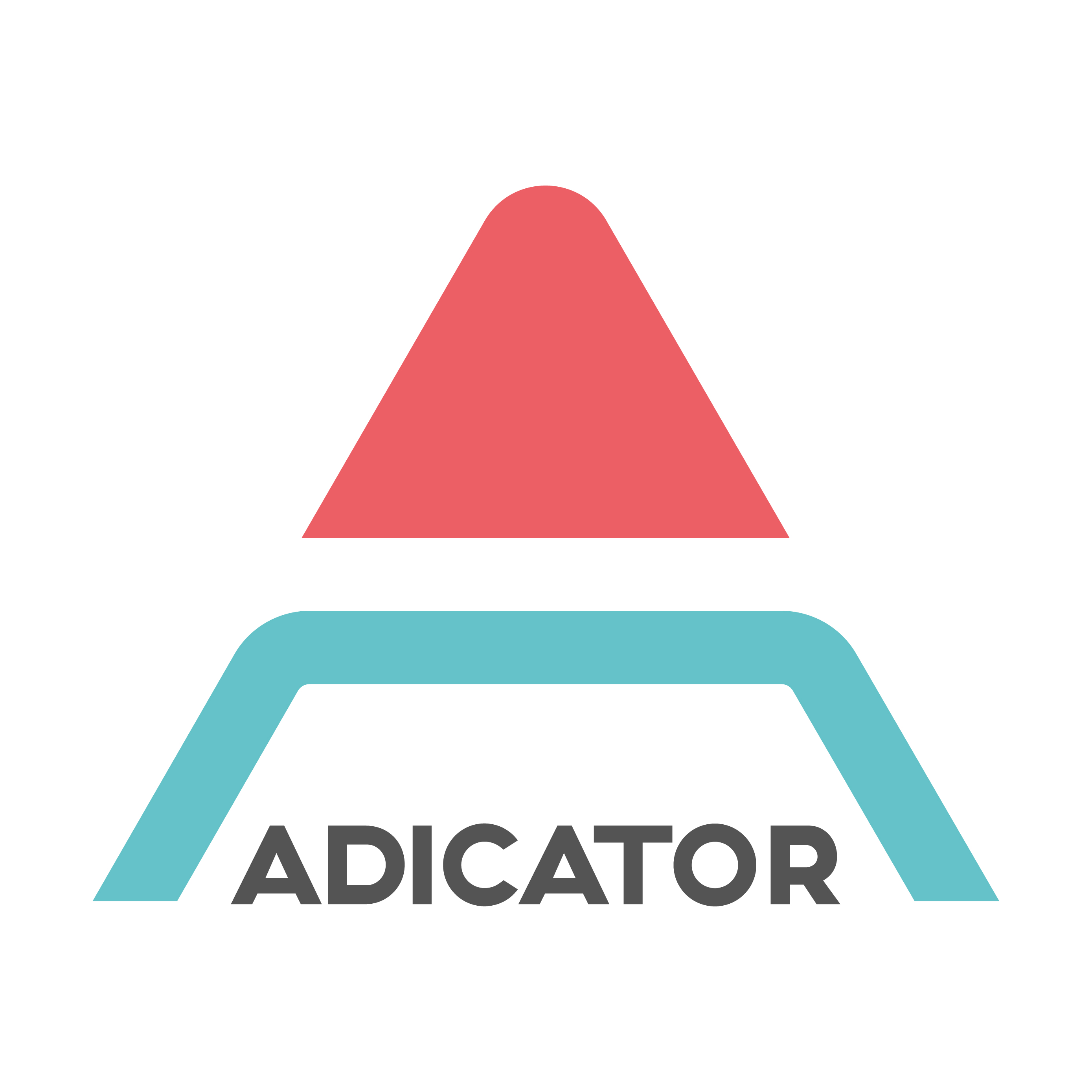Hero or villain
- Z Form
- Mar 24, 2022
- 3 min read

How society cannot see shades of gray...Have you noticed how people and especially mainstream media enjoy labeling individuals?
They will not say the word "villain" out loud but most certainly will describe the most despicable of characters when referring to someone who fell out of grace for some reason. On the other hand, they love to say "hero." Hero this and hero that, and somehow if your line of work falls in the categories of first responder, teacher or military you are automatically a hero. Being a hero loses its meaning when assigned to someone who just happens to do their job. Let's explore the definition of this overused word:
A hero (heroine in its feminine form) is a real person or a main fictional character who, in the face of danger, combats adversity through feats of ingenuity, courage, or strength.(X)
Research has further studied the characteristics of being a hero. (X) Personal risk and sacrifice are always involved in an act of heroism, but not only that....In addition a "hero":
Acts voluntarily for the service of others who are in need
Performs actions without any expectation of reward or external gain
Understands the potential risk or sacrifice made by taking heroic actions
It seems to me that anyone who is getting paid for their job automatically gets disqualified, UNLESS their performance exceeds their duties and responsibilities.
Objectively, most labeled "heroes" were just doing their job. Are we so used to mediocracy that anyone who does their job well automatically qualifies as a hero?
That brings me to the next descriptive absolute: villain
Random House Unabridged Dictionary defines such a character as "a cruelly malicious person who is involved in or devoted to wickedness or crime; scoundrel; or a character in a play, novel, or the like, who constitutes an important evil agency in the plot"(X)
Surely, most individuals in society do not fit the description. However, it is the mission of cancel culture enthusiasts to define an individual by their very worst behavior (which may actually consist of merely saying something that offended a few) and in doing so turning them into the villain. An apology is not enough: they must be banned and ostracized.
Fortunately and unfortunately, the human psyche is much more complex than good or evil. We all have elements that at one time or another will be "good or bad", and a lot of the time good and bad is actually relative. We are drafted in shades of gray. You can behave truly heroically during an event to fall into villain ways by being emotionally unavailable to those who need you. Indeed, a hero is not a state of being but rather a choice you make when an opportunity calls for a heroic action or stance. It is available to everyone, not a select or easily identifiable few.
"The decision to act heroically is a choice that many of us will be called upon to make at some point in time. By conceiving of heroism as a universal attribute of human nature, not as a rare feature of the few 'heroic elect,' heroism becomes something that seems in the range of possibilities for every person, perhaps inspiring more of us to answer that call..."(X)
When we chose to see others in shades of gray, we are able foster empathy and understanding, both essential in human connection. When we understand that we all have a past that defines to some degree who we are and the choices we make, we can reach out without fear of being cancelled: we can see that those who do the cancelling are the ones walking in fear. We understand that within all of us hero and villain cohabitate. What better way to rise above the rest in heroic fashion and reach out to others? How about connecting with those who do not see things the way you do? Perhaps with that "villainous" neighbor or family member? Z Form is here to help increase your hero quotient.





Comments